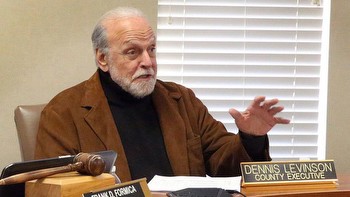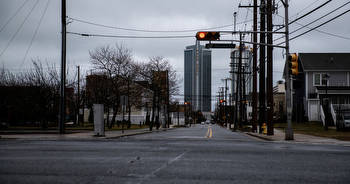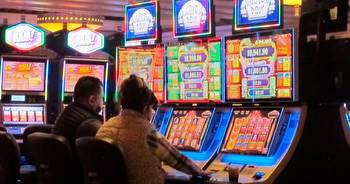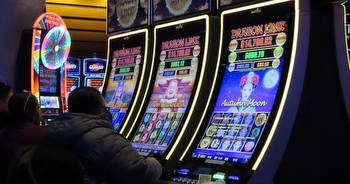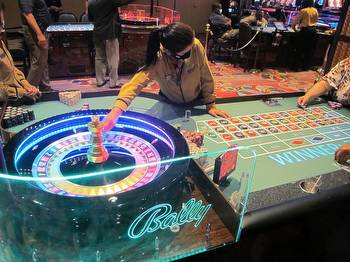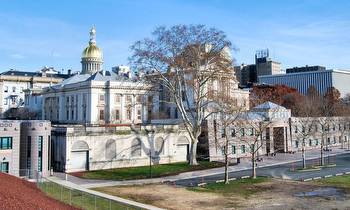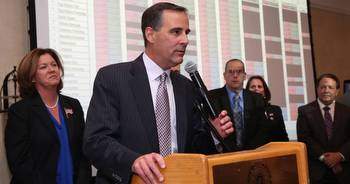New Jersey Casino Tax Law Has Major Flaw, Judge Rules

New Jersey's casino tax law has a major flaw, a judge rules. The state legislature's attempt to change the terms of a consent order reached with Atlantic County in 2018 regarding payments by Atlantic City's nine casinos may be upended. A previous settlement directed 13.5% of the PILOT money from the casinos' gross gaming revenue to Atlantic county. New law exempts online casino gaming and mobile sports betting revenue.
County left out of the loop in negotiations with casino owners. Majority of revenue from online gambling is kept by its partners. County Assemblymen Vince Mazzeo and John Armato voted against the legislation. Judge Marczyk suggested hiring a mediator to resolve the issue. State officials declined. It's the first time in state history that a legislator voted no to a bill he originally sponsored. The bill was passed without any discussion.
The issue of revising gross gaming revenue calculations for casinos was backed last year by state Senate President Stephen Sweeney. He warned that without passage of his bill, four casinos could close. The talk of shuttered casinos evokes unpleasant memories of the actual closure of four Atlantic City casinos in 2014 and a fifth, Trump Taj Mahal, in 2016.
The 2018 PILOT payment revenue-sharing agreement was reached between the county and the state in late April of that year. Since then, the amount of money wagered in New Jersey has exceeded initial projections. Online casino gaming revenue has skyrocketed in the past several years. The new law means the counties loses out as the casinos contribute no Pilot payments for internet bets. Instead, operators pocket a portion of the money. There has been no public suggestion of a compromise to bill the casino a pro-rated amount equivalent to the revenue that companies retain from mobile wagering.








